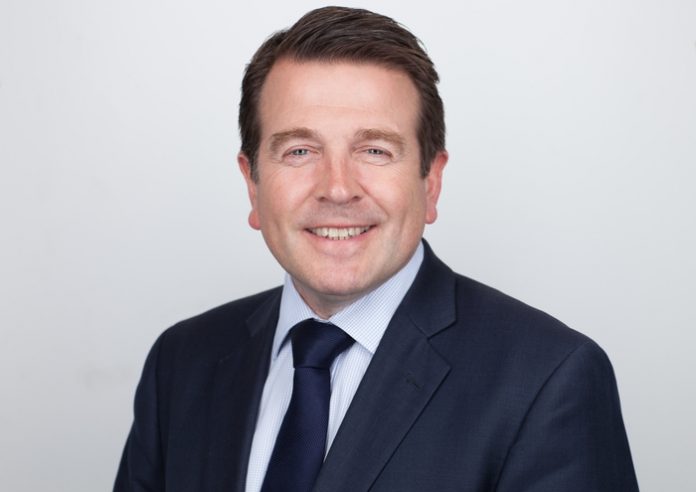As well as a fresh pint at the bar what else can we look forward to in the post pandemic recovery? writes David Little, a Partner in Bishop & Sewell’s Corporate and Commercial Team.
I can highly recommend a browse around the ICAEW’s Corporate Finance section on its website. Recently I discovered this gem, drafted by Jon Moulton, serial investor, turnaround king, and accountant.
He makes the point that corporate finance advisers have two main priorities for their clients: “There seem to be two overriding objectives. The first is to help viable businesses survive and prosper. There is a lot that can be done to that end. We need relaxed audit timetables, no self-fulfilling going concern opinions, extensions for accounts filing and the like. Advisers need to be creatively involved in financial restructuring. Perhaps we should push once again for the purpose of administration to be to save a business and preserve some jobs, not to create a corporate shell. Advisers can also help raise equity and debt in order to replenish balance sheets, and help in negotiating time to pay from creditors, especially the government.
“The second objective is to drive growth in the economy. This will be about encouraging enterprise by sensible taxation and grasping the opportunities of Brexit to attract and develop new companies. Business models may need adjustment to prosper post-Brexit. Even better, we should find ways to eliminate the sillier regulation. There are plenty of targets.”
Another accountancy body, this time the ACCA, has been hard at work demonstrating that accountants are more interesting than mere bean counters.
They’ve recently compiled a report flagged here by Accountancy Today explaining that audit and assurance services are an important step to enhancing an organisation’s sustainability content and data, emphasising why internal and external auditors should consider ESG information as part of their remit when dealing with financial reports.
The timing’s not coincidental. Every professional institution ahead of COP26 in November is going to want to flex their professional pectorals justifying why they are best placed to codify and analyse the metrics needed to audit natural capital and sustainability.
The Law Society seems a little slow in joining the ESG debate, which is a surprise given the important work lawyers do to advise Private Client and Commercial clients on good governance, transparency, policies and Environmental Law.
Quoting again from Accountancy Today, Julien Rivals, Deloitte France’s Sustainability Practice co-lead, says: “ESG Information has become as important as financial information, therefore raising the question on how to ensure its reliability and give confidence to decision makers and other users of this information.
“External assurance is part of the answer, but we need to ask ourselves: Why do we want assurance? What do we want to assure? How do we want to provide assurance so that we avoid an expectation gap? And who will provide the assurance?”
As we move forward from the lockdown, before we get to COP26 there is the immediate potential danger that companies might try to recover lost ground too quickly.
I read a some good advice in Insider Media given by an insolvency practitioner against the need to be aware of the risk of over-trading if, especially in the restaurant and pubs sector, they don’t have the cashflow needed to cover the full costs of reopening and restocking.
However, that wise old owl Jon Moulton sees a bigger challenge which none of us have faced for decades, “The explosion of government debt and money printing will one day lead to levels of inflation not seen for more than 30 years. This is inevitable, with only the timing in doubt. Essentially, the main way to deal with such enormous borrowing is to devalue long-term debt. Economic growth might play a lesser role, but inflation will be the main route.
“I learned a lot about inflation accounting as a trainee accountant in the early 1970s (RPI went up 24% in 1975). I tried looking up the revered Sandilands Report of 1975 on inflation accounting. Alas, it has never been digitised – it should have been. Inflation meant the replacement cost of inventories caused some businesses to continuously consume cash, and historic cost accounts overstated real current profitability.
“Perhaps some helpful soul could scan a hard copy of Sandilands onto the web? It would save us having to reinvent it.”
Anyone got a copy?
David Little is a Partner in Bishop and Sewell’s Corporate & Commercial team. Should you require any further advice or assistance, please contact him on +44 (0)20 7079 4143 or email: [email protected]
About Bishop & Sewell LLP
Bishop & Sewell is a long-established, full service Central London law firm – with an international reach – specialising in Personal, Property and Commercial legal matters. To learn more, visit www.bishopandsewell.co.uk




















